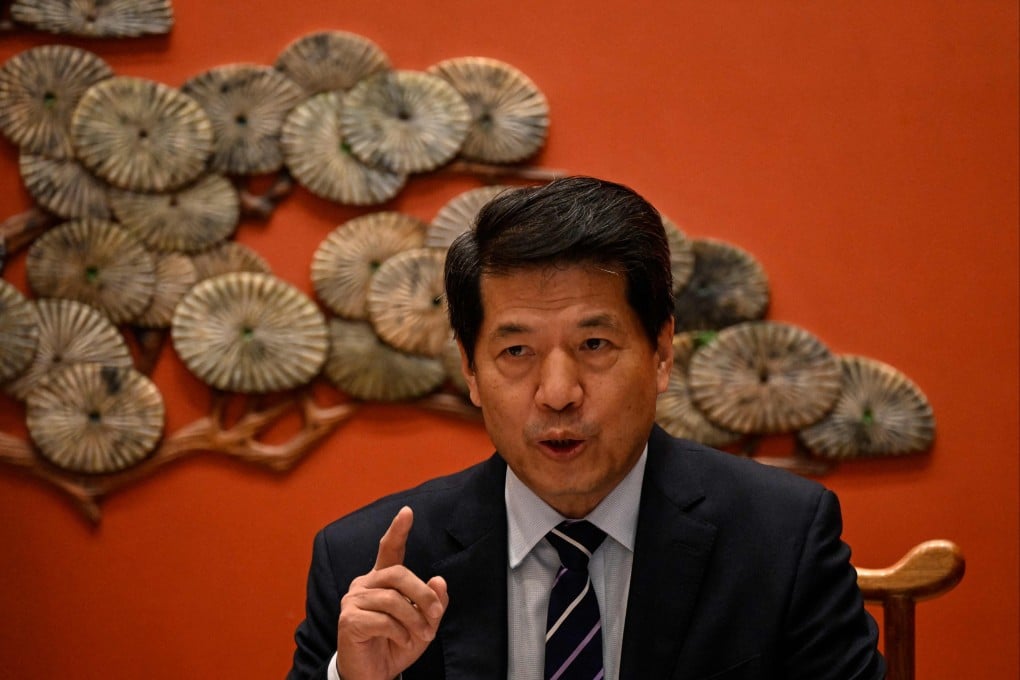As West wobbles on Ukraine war, China’s envoy kicks off European tour
- Li Hui travels from Moscow to Kyiv through Brussels, Paris, Berlin and Warsaw to gauge whether Beijing has an opening as mediator
- Trip comes as there are signs Ukraine is taking China’s possible role more seriously than officials elsewhere in Europe, analysts say

China’s point man on the war in Ukraine touched down in Brussels on Monday with the two-year conflict delicately poised.
On the battlefield, Ukraine is on the back foot, having lost the stronghold of Avdiivka to Russian forces in February, and its officials are desperate for Western allies to move more quickly to replenish depleted ammunition stocks.
In Europe, capitals bicker over the scale and type of support they are underwriting for Kyiv, even before they face the prospect of bankrolling Ukraine’s defence without assistance from the United States.
European officials, diplomats and observers agree that the war is in a very different place than when Li Hui, Beijing’s special envoy for Eurasia, last toured European capitals in May 2023, on the cusp of Ukraine’s military counteroffensive.

And on Li’s current roadshow from Moscow to Kyiv via Brussels, Paris, Berlin and Warsaw, they expect him to “test the water” on how much Europe’s view of the situation has changed, and whether that provides Beijing with an opening to umpire peace talks.